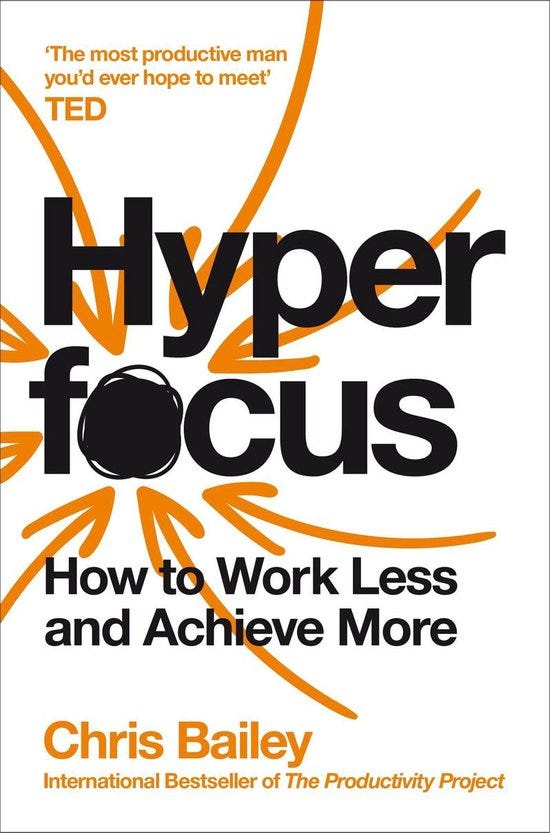

That might not come from trauma, it might just come from things that you’ve seen in your environment and then your own experiences reinforcing those.ĭr. They might have, you know, challenges that come up later on, those are easier to change depending on the event.īut this can also be, you know, thoughts or beliefs about smaller things if we want to say that like, oh it’s difficult to make dinner for myself at home or, you know, it’s very scary to public speak. And that’s very different from someone who had a very positive, healthy upbringing without a lot of adverse childhood experiences. And the more of those that you have, the more solid that that becomes and the more difficult it is for us to change those beliefs, it’s possible, but it’s just more difficult. Samantha: So I think it’s kind of both end, right? So we know from research that if you have a lot of adverse childhood experiences, you’re more prone to conditions like depression and anxiety and also trauma of course if you’ve experienced trauma. And so do you think that that is really where a lot of these beliefs are shaped or do you think that these things can happen as an adult as well? And I’ve had some guests on previously talking about adverse childhood experiences and things like that. It’s not necessarily that person or that situation that’s creating that fear, but it’s all of the things in your life that have been scary, that are sort of priming you to be afraid of this thing. So then when you’re met with circumstances like, you know, someone approaching you at night, you’re sort of primed to think, oh no, this is a scary, negative experience because of all of the experiences that you’ve had that have been scary and negative. So for instance, you know, if you grow up in an environment that’s really unsafe and abusive then you think that the world is a really unsafe place and then you might have other experiences that reinforce that over time. And then those beliefs about ourselves and the world are then solidified over time with different experiences. So you know, when we are kids we have different kinds of experiences that teach us about who we are and what the world is like fundamentally. Samantha: So our thoughts really come from core beliefs about ourselves and the environment. So if our thoughts don’t come from circumstances, where do they really originate from? And, I know that, you know, from what I know about CBT, it’s very effective for anxiety and other mood disorders and insomnia and also IBS, which we’ll be talking about today. Hedberg: Some of my patients know I’m a big fan of stoicism, stoic philosophy, which, you know, it’s my understanding that CBT comes from that particular philosophy.

Hedberg: And kind of that behavioral therapy is based on the ancient philosophy of stoicism, is that correct?ĭr. Essentially they’re formed really early, these core beliefs are, and then they’re sort of hardened and solidified over time with different input that we’re getting from the environment.ĭr. And so CBT says that our thoughts really originate from, you know, different circumstances that we’ve had in our lives, you know, all kinds of home media, cultural expectations. And then we have thoughts about those circumstances that lead to our emotions that lead to behavior that ultimately determine our results. So no matter what happens in the world, that’s not really what’s determining our thoughts, emotions, and behaviors, it’s just information, is an invitation to that. Samantha: So CBT is basically a model of therapy that says that circumstances are really neutral. And why don’t we begin by just laying some bedrock information about, you know, what is the cognitive behavioral model and how does it explain where our thoughts, emotions, and our behaviors come from? Hedberg: So I’ve been wanting to have someone on for a long time to talk about cognitive behavioral therapy. She earned her master’s degree at the University of North Carolina at Greensboro and has been a featured speaker in several publications including “The Funk’tional Nutrition Podcast” and “Abundant Practice Podcast.” And when she’s not serving clients, you’ll find her taking long walks with her poodle and listening to her favorite podcast. Samantha uses a variety of approaches to help clients move from feeling burned out and overwhelmed by their to do’s to engaged and excited by their work and life. She’s certified in cognitive behavioral therapy and integrated mental health techniques. And Samantha is an Asheville based therapist and she serves busy professionals with anxiety and irritable bowel syndrome. And I’m really looking forward to my conversation today with Samantha Osborne. Hedberg: Well, welcome everyone to “Functional Medicine Research.” I’m Dr. Below is a transcript on Anxiety, IBS, Insomnia and Cognitive Behavioral Therapyĭr.


 0 kommentar(er)
0 kommentar(er)
